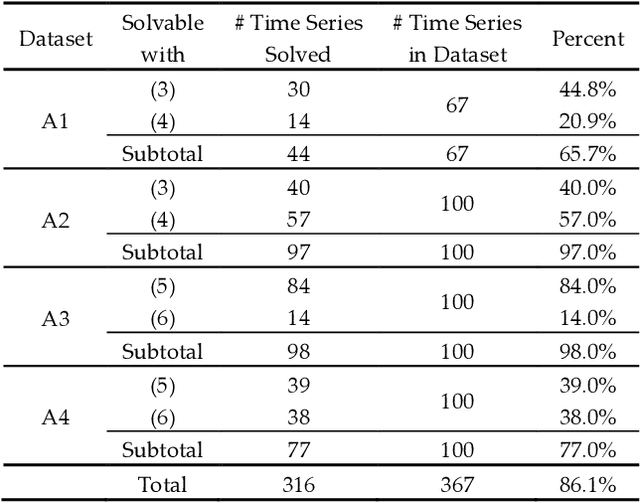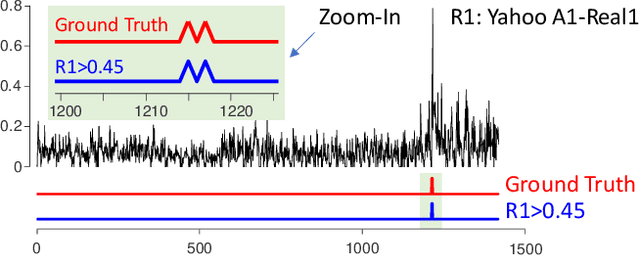Current Time Series Anomaly Detection Benchmarks are Flawed and are Creating the Illusion of Progress
Paper and Code
Oct 08, 2020



Time series anomaly detection has been a perennially important topic in data science, with papers dating back to the 1950s. However, in recent years there has been an explosion of interest in this topic, much of it driven by the success of deep learning in other domains and for other time series tasks. Most of these papers test on one or more of a handful of popular benchmark datasets, created by Yahoo, Numenta, NASA, etc. In this work we make a surprising claim. The majority of the individual exemplars in these datasets suffer from one or more of four flaws. Because of these four flaws, we believe that many published comparisons of anomaly detection algorithms may be unreliable, and more importantly, much of the apparent progress in recent years may be illusionary. In addition to demonstrating these claims, with this paper we introduce the UCR Time Series Anomaly Datasets. We believe that this resource will perform a similar role as the UCR Time Series Classification Archive, by providing the community with a benchmark that allows meaningful comparisons between approaches and a meaningful gauge of overall progress.
 Add to Chrome
Add to Chrome Add to Firefox
Add to Firefox Add to Edge
Add to Edge